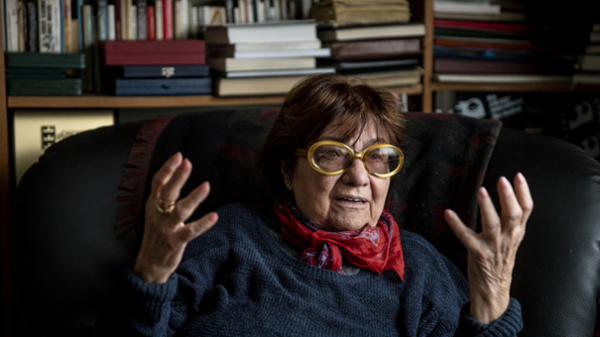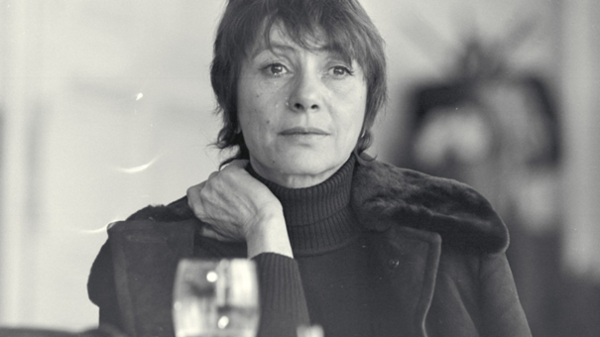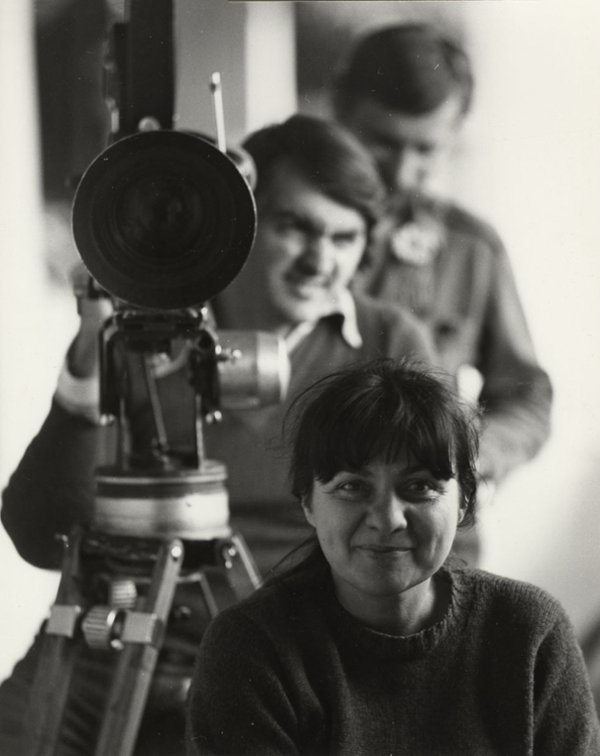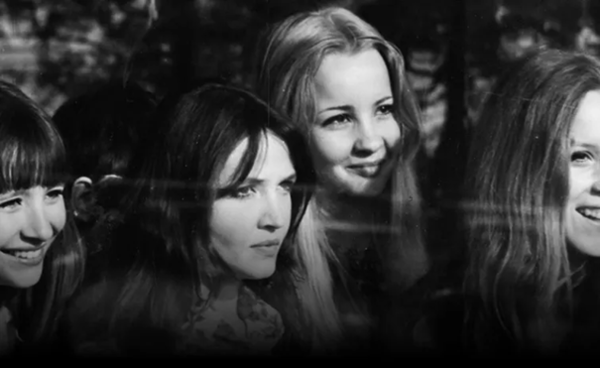Exploring the Female Perspective: The Cinematic Legacy of Director Márta Mészáros

[아츠앤컬쳐] 헝가리 영화에 관한 이전 기사에서 헝가리인들이 할리우드는 물론 전 세계 영화 산업에 깊은 영향을 미치고 있음을 강조한바 있다. 헝가리 영화인들은 영화 초창기부터 헝가리와 해외에서 감독, 촬영 감독, 시나리오 작가, 작곡가, 배우 등으로 다섯 개 대륙에 걸쳐 활약하며 영화의 다양한 측면에서 크게 기여해왔다.
영화 제작의 세계 역사를 살펴보면, 여성들이 영화 제작에 초기부터 관여해왔다는 사실은 잘 알려져 있지 않다. 무성 영화 시대에는 여성들이 주로 익명 또는 종속적인 역할을 하는 경우가 많았으나, 1930년대에 유성 영화가 등장하면서 특히 그 시대의 많은 성공적인 영화에 시나리오 작가로서 더욱 두각을 나타내기 시작했다.
1960년대와 1970년대에는 헝가리 영화에서 여성 관점에 대한 관심이 점차 커졌다. 마르타 메사로시, 유디트 엘레크, 리비아 저르머티, 아그네시 하이와 같은 여성 감독들이 헝가리와 국제 영화사에서 중추적인 인물로 부상했다. 이들의 작품은 여성성, 여성의 경험을 독특하게 묘사하며, 주로 사생활, 가족 문제, 세심한 관찰, 현실의 다층적 본질에 초점을 맞춰 다큐멘터리 스타일로 표현하고 있다.

그 중에서도 마르타 메사로시는 국제적으로 가장 잘 알려진 헝가리 여성 감독 중 한 명이다. 그녀는 1956년에 모스크바에서 영화 감독으로 졸업하고, 부다페스트에서 뉴스릴과 다큐멘터리를 감독하며 경력을 쌓기 시작했다. 그녀의 영화는 여성의 삶, 그들의 태도, 개인과 환경 사이의 갈등, 그리고 어려운 결정을 내리는 데 따르는 어려움을 일관되게 탐구한다.
그녀의 작품은 경력 초기부터 헝가리에서 이미 호평을 받았지만, 1970년대에는 그녀를 거의 상징적인 지위로 끌어올린 서구의 페미니즘 운동으로 인해 큰 주목을 받으며 국제적 명성을 얻게 되었다. 특히 그녀의 영화는 여성적 관점과 남녀 관계에 대한 솔직한 묘사가 특징이며, ‘입양’(1975)으로 베를린 영화제에서 황금곰상을, ‘내 아이들을 위한 일기’(1984)로 칸 영화제에서 심사위원 대상을 수상하는 등 여러 권위 있는 상을 수상했다.

그녀의 주요작으로는 ‘The Day Has Gone’, ‘Binding Sentiments’(1968), ‘Don’t Cry, Pretty Girls!’(1970), ‘Nine Months’(1976), ‘Diary Trilogy’(1983~1999), ‘Inheritance’ (1980) 등이 있다. 마르타 메사로시와 그녀의 작품은 일디코 엔예디, 이보야 페케트, 크리스티나 고다와 같은 차세대 헝가리 여성 감독들에게 뚜렷한 영향을 끼치고 큰 영감을 주었다.
마르타 메사로시의 유산을 한국 관객에게 더욱 잘 알리기 위해, 주한리스트헝가리문화원이 서울 예술의전당 및 부산 영화의전당과 협력하여 주최하는 제6회 헝가리 영화제에서 마르타 메사로시의 가장 흥미로운 영화 8편을 상영한다. 올해는 한국과 헝가리 수교 35주년을 맞이하는 해로 특히 헝가리 영화제의 의미가 더욱 크다고 할 수 있다.
서울 상영: 10월 11일(금), 12일(토), 13일(일), 18일(금), 19일(토), 20일(일)
부산 상영: 10월 25일(금), 26일(토), 27일(일)


Exploring the Female Perspective: The Cinematic Legacy of Director Márta Mészáros
In one of our previous articles on Hungarian Cinematography, it was highlighted that Hungarians have left a lasting impact not only on Hollywood but on the global film industry as a whole. Hungarian professionals have been integral to various aspects of filmmaking across five continents, contributing as directors, cinematographers, screenwriters, composers, and actors, both in Hungary and internationally, since the early days of cinema.
Looking at the global history of filmmaking, it is a lesser-known fact that women have been involved in cinema since its inception. During the silent film era, women often played anonymous or subordinate roles in film production, but by the 1930s, with the advent of talkies, they became more prominent, particularly as screenwriters for many successful films of that period.
The 1960s and 1970s saw a growing focus on the female perspective in Hungarian cinema. Female directors like Márta Mészáros, Judit Elek, Lívia Gyarmathy, and Ágnes Háy gradually emerged as pivotal figures in both Hungarian and international film history. Their works uniquely depict femininity and women's experiences, often focusing on private life, family issues, sensitive observations, and the multifaceted nature of reality, all portrayed in a distinctive documentary style.

Among these directors, Márta Mészáros is one of the most internationally recognized Hungarian female filmmakers. She graduated as a film director from Moscow in 1956 and began her career directing newsreels and documentaries in Budapest. Her films consistently explore the lives of women, their attitudes, the tension between individuals and their environments, and the challenges of making difficult decisions. While her work was already well-received in Hungary from the beginning of her career, it gained significant international attention in the 1970s, particularly from the feminist movement in the West, which elevated her to near-iconic status. Her films, characterized by a unique female perspective and honest portrayal of male-female relationships, earned her prestigious awards such as the Golden Bear at the Berlin Film Festival for "Adoption" (1975) and the Grand Jury Prize at Cannes for "Diary for My Children" (1984). Some of her most important works include "The Day Has Gone," "Binding Sentiments" (1968), "Don’t Cry, Pretty Girls!" (1970), "Nine Months" (1976), the "Diary Trilogy" (1983-99), and "Inheritance" (1980).
Márta Mészáros and her works served as obvious influence and huge inspiration for many of the next generation Hungarian female directors like Ildikó Enyedi, Ibolya Fekete, Krisztina Goda, to name just a few of the greatest.
To further introduce the legacy of Márta Mészáros to the Korean audiences, the 6th Hungarian Film Days, organized by Liszt Institute Seoul in partnership with the Seoul Art Center and the Busan Cinema Center, will feature eight of Márta Mészáros' most exciting films. This year's Hungarian Film Days, held in both Seoul and Busan, is particularly significant as 2024 marks the 35th anniversary of diplomatic relations between Hungary and Korea.
Don’t miss the opportunity to watch some of these outstanding films!
Screening in Seoul: October 11 (Fri), 12 (Sat), 13 (Sun), 18 (Fri), 19 (Sat), 20 (Sun)
Screening in Busan: October 25 (Fri), 26 (Sat), 27 (Sun)

글 ㅣ Katalin Ruzsa
주한리스트헝가리문화원 문화 사무관
Liszt Institute - Hungarian Cultural Center Seoul


